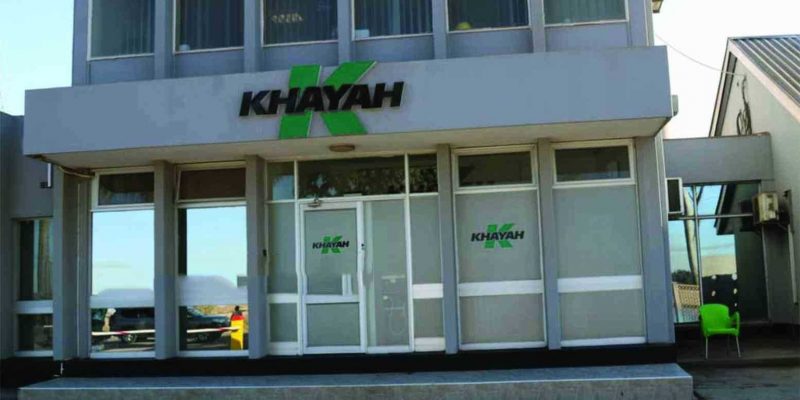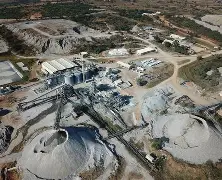Khayah Cement, formerly known as Lafarge Cement Zimbabwe, has crumbled under the weight of Western sanctions, forcing the company into corporate rescue as creditors seek a new investors.
The collapse comes just two years after Fossil Mines acquired a 76.45 percent stake in the business from global cement giant Holcim, marking a dramatic downturn for one of Zimbabwe’s leading cement manufacturers.
The company struggled to remain operational after sanctions were imposed on key shareholders, highlighting the broader economic consequences of restrictive measures on businesses linked to sanctioned individuals.
Zimbabwe has been under Western sanctions, primarily led by the United States and Britain, since the early 2000s following the government’s land reform program.
Corporate Rescue Practitioner, Bulisa Mbano, confirmed that efforts to bring in a new investor had been approved at a creditor’s meeting last week.
“No investor has been identified and engaged as of today,” he said.
“But creditors and members gave us the go-ahead to pursue potential investors into the business.” He added that once bids are received, they will be assessed before engaging creditors in further discussions.
By Ruvarashe Gora
The acquisition of Lafarge Zimbabwe by Fossil Mines in 2022 was expected to usher in a new era for the country’s cement industry, marking one of the first major takeovers by an indigenous player. However, soon after the purchase, the U.S. Office of Foreign Assets Control (OFAC) sanctioned Fossil Mines and related entities, triggering a crisis.
As a Western company, Holcim-owned Lafarge immediately cut off all technical support, including plant maintenance, equipment supply, and operational assistance. Khayah Cement also lost access to essential financial and production system records, forcing the company to operate with limited institutional knowledge after key management and technical staff resigned.
The situation worsened as the company’s kiln, a critical component in cement production, frequently broke down, forcing Khayah to import clinker at a higher cost. This financial distress, coupled with an influx of cheaper cement imports, led to a severe liquidity crisis, ultimately pushing the company into corporate rescue in December 2023.
Fossil Mines’ decision to step back from Khayah Cement underscores the vulnerability of businesses linked to sanctioned individuals. While proponents of sanctions argue they target specific individuals and entities, the case of Khayah Cement demonstrates how these measures can cripple entire industries, affecting workers, suppliers, and the broader economy.
Development economist Tylon Nyakudya noted that Khayah’s downfall is part of a wider trend. “This is not an isolated incident; numerous businesses linked to sanctioned individuals have faced similar challenges,” he said.
Sanctions have already made Zimbabwe a high-risk investment destination, limiting foreign capital inflows, stalling economic growth, and contributing to job losses. As Khayah Cement struggles to find a new investor, its fate serves as yet another reminder of the far-reaching economic consequences of Western-imposed restrictions.







Comments